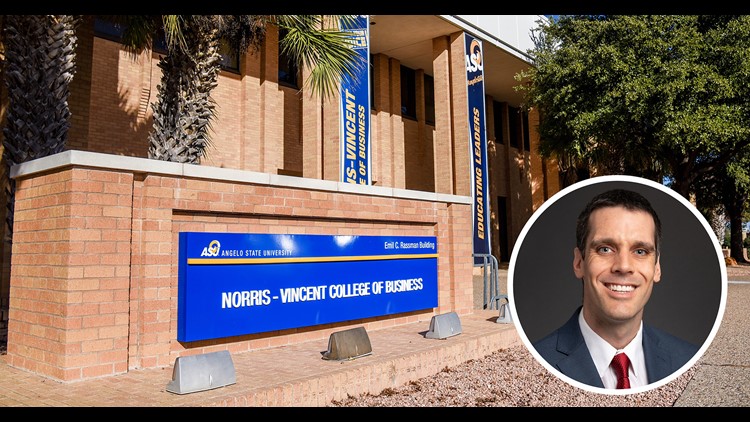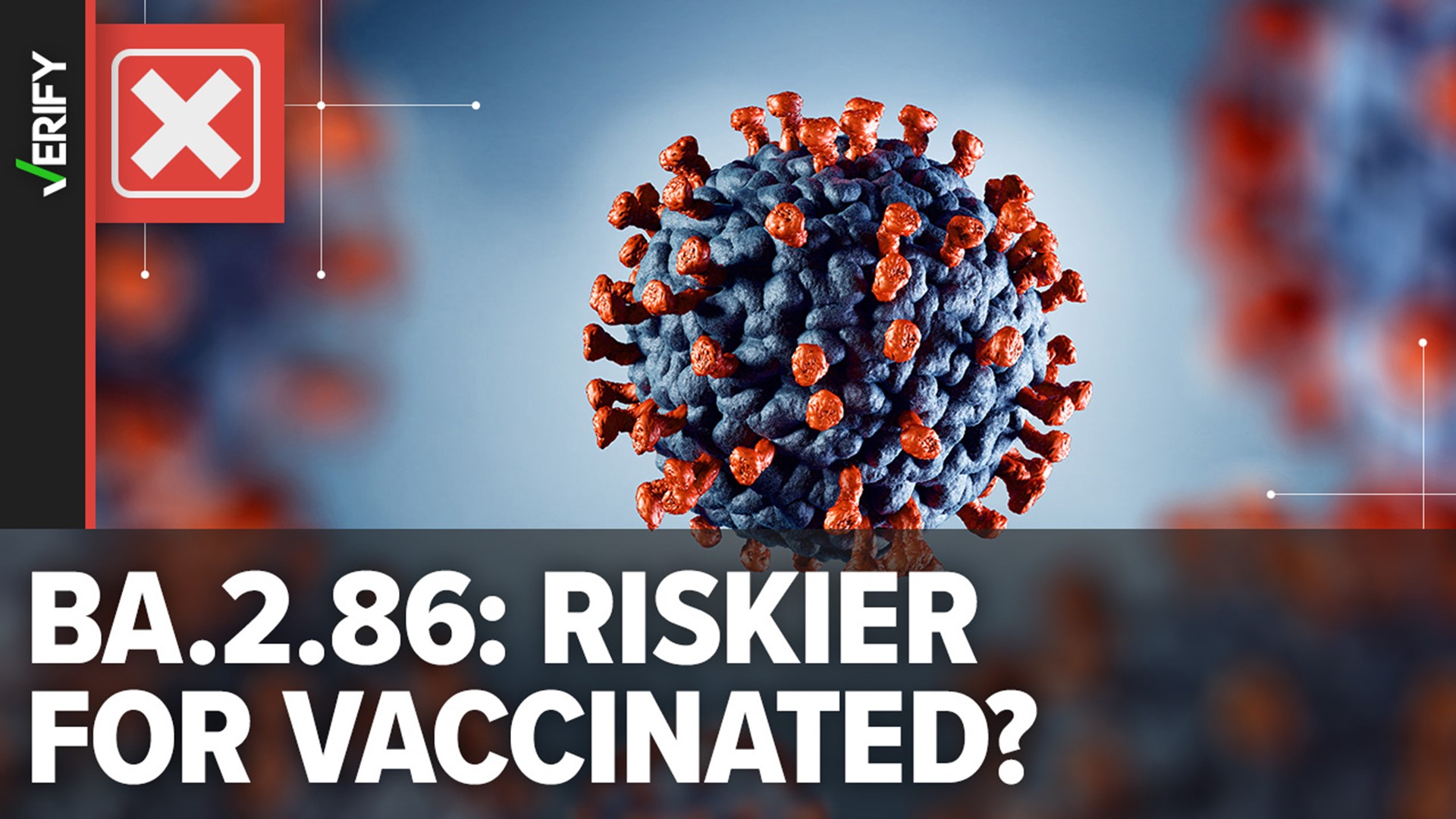SAN ANGELO, Texas — Dr. Michael Conklin, the Powell Endowed professor of business law at Angelo State University, recently published two research papers on legal issues spawned by the COVID-19 pandemic.
According to a press release from the university, the first paper, titled “Coronavirus ‘Cures’ and the Courts,” examines the potential liability for people or entities selling fake cures for COVID-19 and proposes federal legislation to reduce future occurrences. The paper has been included in the forthcoming issue of the William & Mary Business Law Review, published by the College of William & Mary School of Law.
The abstract for the 23-page paper states, “The coronavirus pandemic has drastically affected nearly every aspect of American life. Unfortunately, it has also created an opportunity for those willing to exploit vulnerable citizens by selling fake ‘cures.’ This article analyzes a lawsuit against televangelist Jim Bakker for doing just that. This article also calls for increased protection for individuals when a global health pandemic and national emergency have been declared. This article advocates a novel proposal – the enacting of a federal statute making it a felony for an individual to knowingly sell a fraudulent cure for any disease that has been designated a pandemic by the World Health Organization and in which the President of the United States has designated a national emergency.”
The second paper, titled “Life Hangs in the Balance: Weighing Coronavirus Church Closings Against the Religious Freedom and Restoration Act,” examines the constitutionality of forced state closure of churches during the pandemic. It has been included in the forthcoming issue of the Northwestern University Law Review Online.
The abstract for the 5,000-word paper states, “On March 29, Houston Pastor Juan Bustamante was warned that he could face fines and imprisonment for continuing to hold in-person church services. The next day he filed an Emergency Petition for Writ of Mandamus in the Texas Supreme Court. This article evaluates his case, which could have broad implications because – like many states – Texas has a Religious Freedom Restoration Act (RFRA) that closely mirrors the federal RFRA. Arguments from both sides are analyzed to determine if such government action limiting religious practice is likely to overcome what the Supreme Court has identified as ‘the most demanding test known to constitutional law.’”
An ASU faculty member in the Department of Accounting, Economics and Finance, Conklin has published more than 50 research papers in various legal journals. In the last 18 months, he has accepted offers to publish in the Columbia Journal of Race and the Law; Ohio State Journal of Criminal Law; Washington University Law Review Online; California Law Review Online (Berkeley); Southern California Interdisciplinary Law Journal; William & Mary Business Law Review; Northwestern Law Review Online; Pepperdine Law Review; and San Diego Law Review.
A nominee for the 2019-20 ASU President’s Award for Faculty Excellence in Research/Creative Endeavor, Conklin is also a member of the university’s Return to Campus Curriculum Delivery Committee.
His ability to engage an audience and present information in an entertaining and concise manner was on display during a recent TedTalk on an unrelated issue, the release said.



